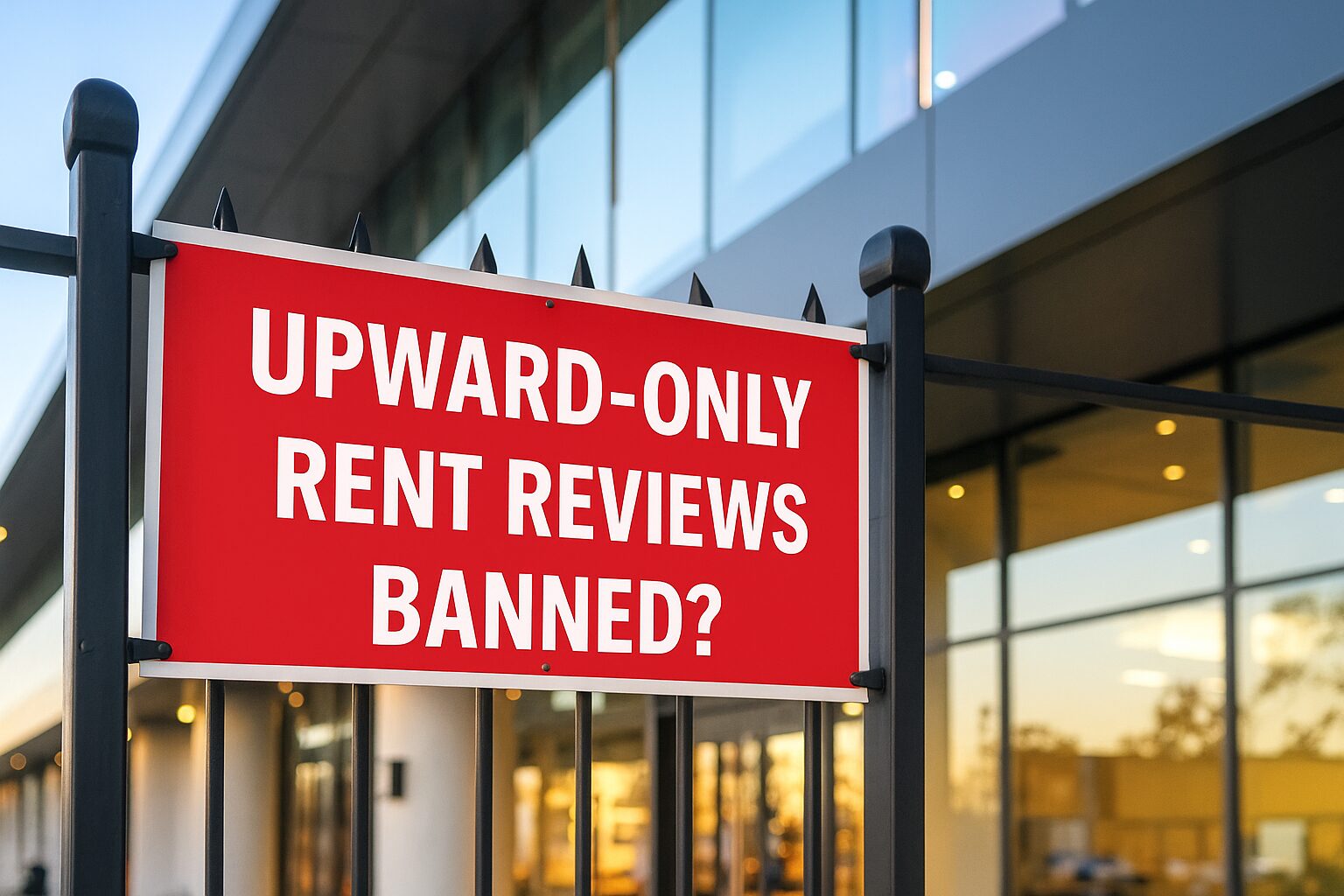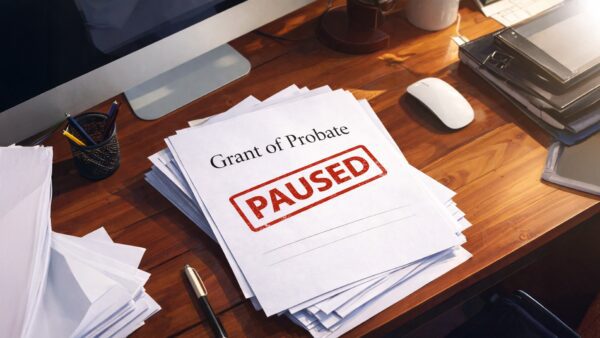In a move that has caught the UK property industry by surprise, the UK Government has announced plans to ban upward-only rent reviews (UORRs) in commercial leases. According to the UK Government, this proposal, embedded within the English Devolution and Community Empowerment Bill (the “Bill”), aims to support small businesses, rejuvenate high streets, and rebalance power between landlords and tenants.
What Are Upward-Only Rent Reviews?
UORRs are provisions in a commercial lease that allow rents to increase–or remain static–at review intervals, but never decrease, even if market conditions deteriorate. These provisions have typically been favoured by landlords and institutional investors for providing predictable income streams and safeguarding property valuations.
However, the UK Government argues that UORRs trap tenants into paying above-market rents, especially during economic downturns, contributing to business closures and vacant retail units. It is this imbalance that the UK Government is attempting to address with the proposal although notably without any prior consultation with the UK property industry.
How Would The Ban Operate In Practice?
The ban would be introduced via a new Schedule 7A to the Landlord and Tenant Act 1954, as set out in Schedule 31 to the Bill. The key features are as follows:
- The ban would apply to any lease which is a business tenancy, regardless of whether it has been contracted out of the security of tenure rights under the Landlord and Tenant Act 1954
- The ban would be prospective in nature, meaning that it would only apply to leases granted after the new law comes into effect. It will not apply to existing leases but, importantly, will apply to renewal leases
- Any provision seeking to achieve an upwards only rent review by reference to a variable such as open market rent, inflation (or other form of indexation) or tenant’s turnover would be overridden and the rent would be able to go up or down at review
- Unlike the security of tenure provisions of the Landlord and Tenant Act 1954, there will be no ability for a landlord and tenant to mutually agree to exclude the provisions banning UORRs
- The legislation will also contain anti-avoidance provisions to prevent landlords from skipping a downward rent review. Tenants will be able to trigger reviews themselves in the event landlords do not act
Implications for Tenants
For tenants, the proposed ban will likely be largely welcome:
- Greater flexibility in lease negotiations
- Protection against market downturns (although, the rental market may adjust to reflect the ban, creating greater initial rents than under the current legislation)
- Potential improved survival rates, for instance, for high street businesses
- Potential for fairer rent structures, such as turnover-based or index-linked rents
However, the real-world impact may be limited. Lease lengths have shortened significantly in recent years, particularly in the retail sector, and many small tenants already favour flexible short-term leases without rent review mechanisms at all. As such, the ban may not deliver the regeneration impact the Government hopes for.
Implications for Landlords and Investors
The proposal has sparked concern among landlords, pension funds, and property investors who fear the implementation of the ban will trigger:
- Reduced income predictability, especially in volatile markets
- Potential impact on property valuations
- Challenges in securing financing, as lenders may view commercial properties as riskier investments
- Increased complexity in lease negotiations, with landlords possibly favouring shorter lease terms (to retain greater control over rent increases) or fixed/stepped rent increases (which would escape the ban)
- Income gaps could arise where landlords are exposed to UORRs under their own superior leases given the intended ban only applies to business tenancies
It could also be argued that it is not in the landlord’s interest to drive up rents to a point where it becomes unaffordable for its tenants and lose rental income. For institutional and overseas investors, fixed or increasing returns are a crucial factor when deciding to invest in the UK property sector and such a ban may deter investment, particularly when coupled with the current economic climate.
What Happens Next?
The proposed ban on upward-only rent reviews would mark a significant shift in the UK’s commercial property market. While it promises potential relief for tenants, it also introduces new risks and uncertainties for landlords and investors. The Bill, however, is still in its early stages and will move through the various parliamentary stages with a date for a second reading to be announced. Industry voices on both sides will likely engage heavily with the UK Government to refine the scope and implementation of the ban. In the meantime, both landlords and tenants are advised to:
- Review their leases and consider at a strategic level how the ban would impact their businesses
- Engage with agents and asset managers and seek legal advice before entering into new or renewal leases
- Monitor legislative progress and engage with industry representatives
Please get in touch with us should you have any questions or concerns in relation to the proposed ban on upward only rent reviews. At Quastels, we will be monitoring the Bill closely as it moves through Parliament and will publish any material updates as appropriate.









